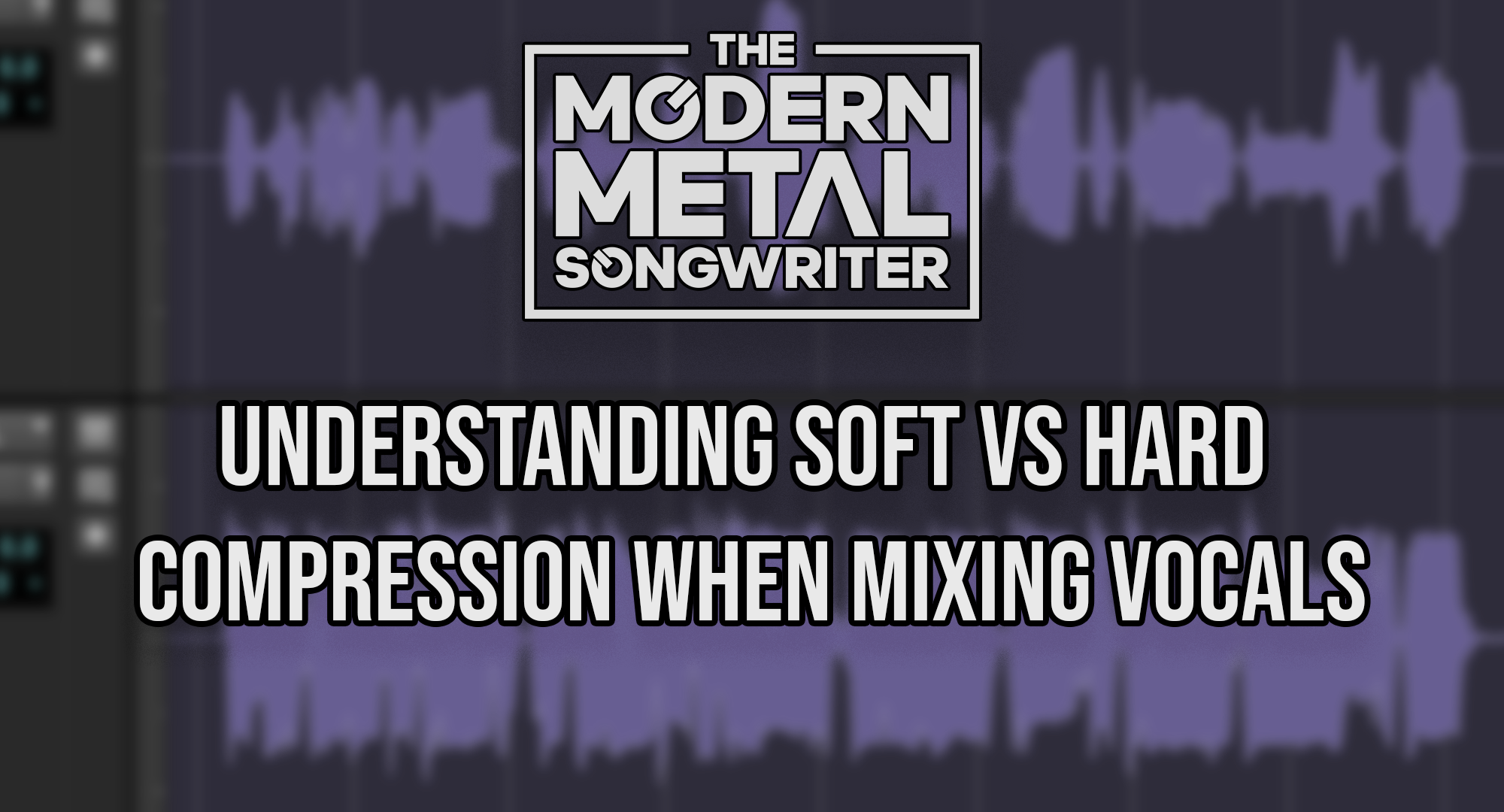As a musician or songwriter, you want your tracks to sound their best when they are released to the world. One key step in achieving this is through mastering - the final stage in the production process where the audio is optimized for playback across different systems and platforms.
However, there is a debate in the music industry about whether to use a human mastering engineer or AI mastering software. In this article, we'll explore the pros and cons of both options and help you decide which one is right for you.
Mastering Engineer
Pros
A mastering engineer is a highly trained professional with an experienced ear and technical knowledge of audio production, that generally is working in a pristine listening space. Here are some of the benefits of working with a human mastering engineer:
- Experienced human touch: A human mastering engineer can listen to your track and apply their technical knowledge and artistic sensibility to optimize it for playback across different systems. This can be especially apparent in newer genres (such as Trap Metal) where AI systems maybe struggle to understand how to process it. They can provide a personalized touch to your track that AI software may not be able to achieve.
- Personalized service and attention to detail: A human mastering engineer can work closely with you to understand your goals and preferences for the final track. They can provide feedback and revisions until you are satisfied with the result.
- Ability to provide feedback and revisions: Unlike AI software, a human mastering engineer can provide you with feedback on your mix and suggest revisions to improve it before the mastering stage. This can result in a better final product.
Cons
While there are many benefits to using a human mastering engineer, there are also some drawbacks to consider:
- Can be expensive: Working with a mastering engineer can be costly, especially if you are on a tight budget. Prices may vary depending on the engineer's experience and reputation, as well as the track count, and length of the music.
- May take longer than using AI mastering software: Working with a human mastering engineer may take longer than using AI software, as the engineer may need time to provide feedback and revisions. AI is generally instant.
- Availability and accessibility may be limited: Finding a qualified and available mastering engineer can be a hurdle, especially if you live in a remote location or are working with a tight deadline. Luckily with technology, working with someone remotely is easier than ever.
AI Mastering Software
AI mastering services have become increasingly popular in recent years, offering a low-cost option for those looking to improve the sonic quality of their tracks. These services typically involve submitting your track online through a form, and you will receive back your AI mastered track in just minutes.
While the quality of these services varies, they can be a good option for musicians who need their preproduction/demos mastered without breaking the bank.
Pros
AI mastering software uses machine learning algorithms to analyze and optimize audio tracks. Here are some of the benefits of using AI software:
- Fast and convenient: You can upload your track online and receive the mastered version in a matter of minutes.
- Affordable: Compared to hiring a human mastering engineer, using AI software is often more affordable, with prices often ranging from free trials to just a few dollars per track.
- Consistent results: AI mastering software can provide consistent results across different tracks, making it a decent option for musicians who want to achieve a consistent sound across their album or EP and don't have the budget for a real mastering engineer.
Cons
While there are many benefits to using AI mastering software, there are also some drawbacks to consider:
- Lack of human touch: AI software may not be able to achieve the same level of personalization and artistic sensibility as a human mastering engineer. AI doesn't have musical tastes in the same way that professional engineers do.
- Limited ability to provide feedback and revisions: While some AI software allows you to adjust certain parameters, such as loudness or EQ, it may not be able to provide the same level of feedback and revisions as a human mastering engineer.
- Questionable quality: Not all AI mastering software is created equal, and some may produce subpar results that do not meet industry standards.
Learning from AI Mastering
One potential benefit of using AI mastering software is the opportunity to learn from the mastered track. By downloading the master and studying it, you can compare it to your own mix and master and identify areas for improvement. This can be a valuable learning experience for musicians who want to improve their mixing and mastering skills.
Keep in mind though, this could be even more valuable to do with a real mastering engineer, as they may be able to give you advice as well.
You can also use tools such as MetricAB or FabFilter's Pro-Q to compare different aspects of the master to your own.
Conclusion
In conclusion, the decision to hire a human mastering engineer or use AI mastering software depends on your musical goals, budget, and personal preferences.
While traditional mastering engineers offer a personalized touch and the ability to provide feedback and revisions, they can be expensive and may take longer than using AI software. AI mastering software is fast, convenient, and affordable, but may lack the same level of personalization and artistic sensibility as a human mastering engineer.
Ultimately, the choice is up to you. Remember you can always join our free Facebook Group for songwriters and musicians. It's a great place to connect with audio professionals such as mastering engineers to help make the decision easier as well!





